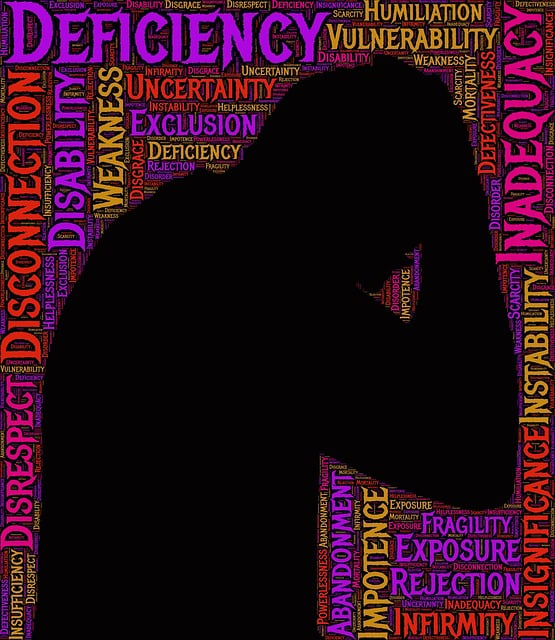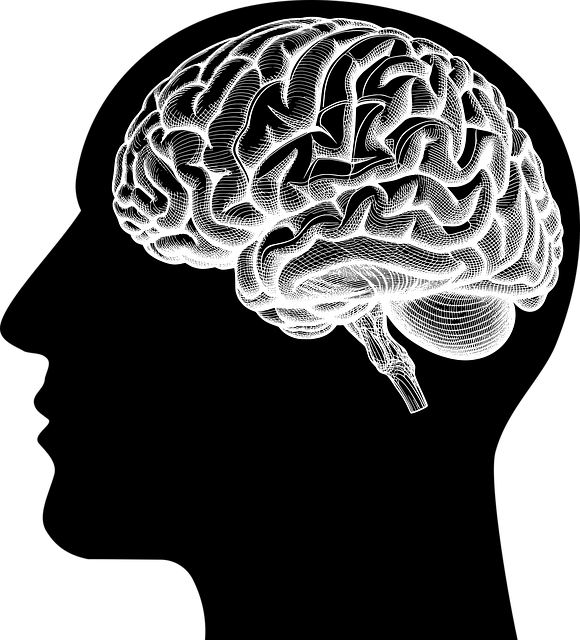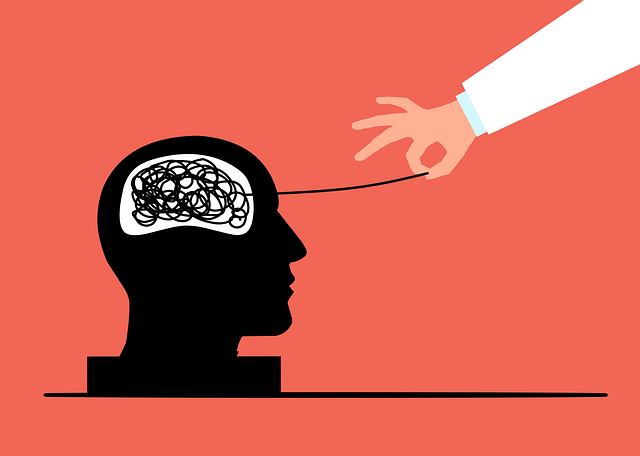Depression, a complex condition with various triggers, can be managed through multifaceted approaches offered by organizations like Westminster Drug Abuse. They provide specialized Substance Abuse Therapy addressing dual issues and trauma support, alongside the Mental Wellness Podcast Series for education. Lifestyle modifications, such as sleep, diet, and exercise, are key. Therapy, including CBT, empowers individuals to challenge negative thoughts and regulate moods, while cultural competency training improves outcomes. Building a strong support network through community groups and connections helps prevent depression and promotes mental wellness, enhanced by Mental Wellness Journaling.
Depression is a prevalent yet complex condition, and preventing it is a multifaceted approach. This article explores strategies to safeguard your mental health, offering insights into understanding depression’s triggers, implementing lifestyle changes for resilience, and leveraging therapy as a powerful tool. Discover how building a robust support network can be life-changing, especially in the context of Westminster Drug Abuse-Substance Abuse Therapy, where connections foster healing and recovery.
- Understanding Depression and Its Triggers
- Lifestyle Changes for Improved Mental Health
- The Role of Therapy in Preventing Relapse
- Building a Support Network: Connecting with Others
Understanding Depression and Its Triggers

Depression is a complex mental health condition that significantly impacts an individual’s daily life and well-being. It’s more than just feeling sad; it’s a persistent low mood, loss of interest in activities once enjoyed, and a range of physical symptoms. Understanding the triggers behind depression is crucial for prevention and effective management. These triggers can vary greatly from person to person but often include environmental factors, personal experiences, genetic predisposition, and biological imbalances.
One significant aspect to consider is substance abuse, which can both be a trigger and a result of depression. Westminster Drug Abuse offers specialized Substance Abuse Therapy services tailored to address these dual issues. Building confidence and resilience through therapy plays a vital role in preventing depressive episodes. Additionally, trauma support services have proven effective in helping individuals process past traumas that might contribute to depression. The Mental Wellness Podcast Series Production also provides accessible resources for education and inspiration on maintaining mental wellness.
Lifestyle Changes for Improved Mental Health

Depression is a complex condition that can be influenced by various aspects of daily life. Implementing lifestyle changes can significantly contribute to improved mental health and well-being. Encouraging individuals to prioritize sleep hygiene, maintain a balanced diet rich in nutrients, and incorporate regular physical activity into their routines can help combat depression. These simple yet effective strategies promote positive thinking and empower individuals to take control of their mental health.
In addition, addressing underlying substance abuse issues through Westminster Drug Abuse-Substance Abuse Therapy is crucial for comprehensive depression prevention. By integrating evidence-based practices and coping skills development, therapy facilitates the breakdown of negative thought patterns and provides individuals with tools to manage stress and emotions effectively. Fostering a supportive environment that encourages Mental Health Policy Analysis and Advocacy further strengthens these efforts, ultimately enhancing community resources and support systems for those struggling with depression.
The Role of Therapy in Preventing Relapse

Therapy plays a pivotal role in depression prevention and relapse prevention strategies. Substance abuse therapy, specifically tailored for individuals dealing with depression and co-occurring disorders like Westminster Drug Abuse, offers a safe space to explore underlying causes and develop effective coping mechanisms. Through various therapeutic approaches, such as cognitive behavioral therapy (CBT) or interpersonal therapy, individuals gain insights into their thoughts, emotions, and behaviors, empowering them to challenge negative thought patterns and foster resilience building.
Emotional well-being promotion techniques, integrated into therapy, equip clients with tools to manage stress, regulate moods, and enhance overall mental health. Additionally, healthcare provider cultural competency training is crucial in ensuring that therapeutic interventions are sensitive to diverse backgrounds and experiences, further contributing to positive outcomes. This holistic approach not only treats the symptoms of depression but also promotes long-term recovery by addressing the root causes, thereby reducing the risk of future relapses.
Building a Support Network: Connecting with Others

Building a strong support network is an essential aspect of depression prevention and promoting mental wellness. Connecting with others can provide a sense of belonging, reduce feelings of isolation, and offer valuable guidance during challenging times. Encouraging individuals to open up about their struggles and engage in meaningful conversations fosters a supportive environment. This could involve joining community groups, participating in support networks tailored to specific experiences or interests, or simply reaching out to friends and family for regular check-ins.
At Westminster Drug Abuse, we emphasize the power of connection through Substance Abuse Therapy sessions, where individuals can share their stories, gain insights from peers, and develop coping strategies together. Additionally, maintaining a Mental Wellness Journaling practice alongside these connections can be immensely beneficial. By recording thoughts, emotions, and progress, one can reflect on personal growth and identify triggers or patterns that contribute to depression. This self-awareness, combined with social support, equips individuals with valuable tools for managing their mental health effectively.
Depression is a complex condition, but with the right strategies, prevention and recovery are achievable. By understanding personal triggers and making positive lifestyle changes, individuals can significantly improve their mental health. Therapy plays a crucial role in providing tools to manage symptoms and prevent relapse, while building a strong support network fosters resilience. Connecting with others through Westminster Drug Abuse-Substance Abuse Therapy and support groups can offer invaluable guidance and comfort during challenging times. With dedication and the right resources, depression prevention is feasible, leading to a brighter and healthier future.














